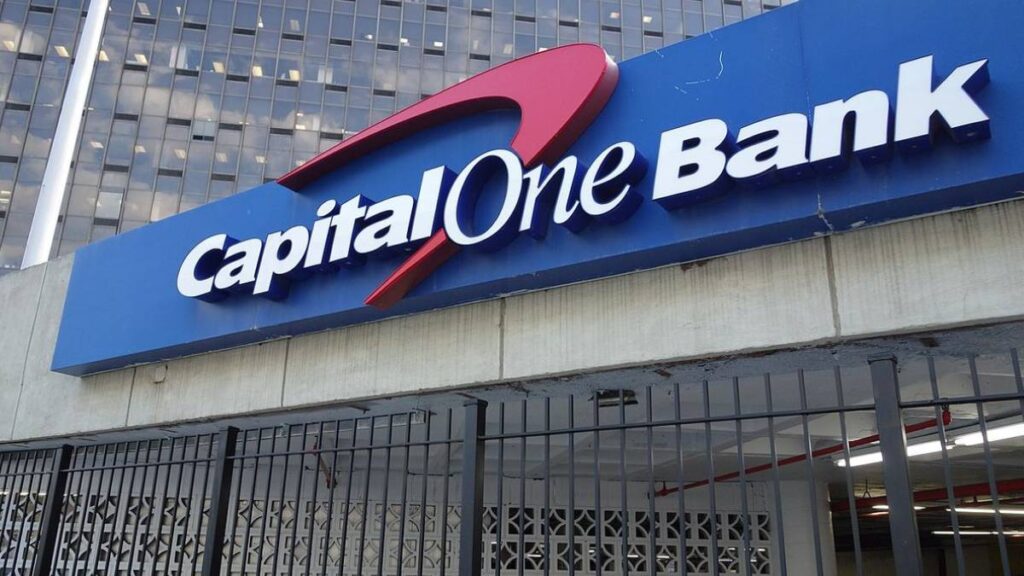Richard Fairbank, CEO and Founder of Capital One committed to fostering financial equity by reviewing some of the bank’s transaction charges.
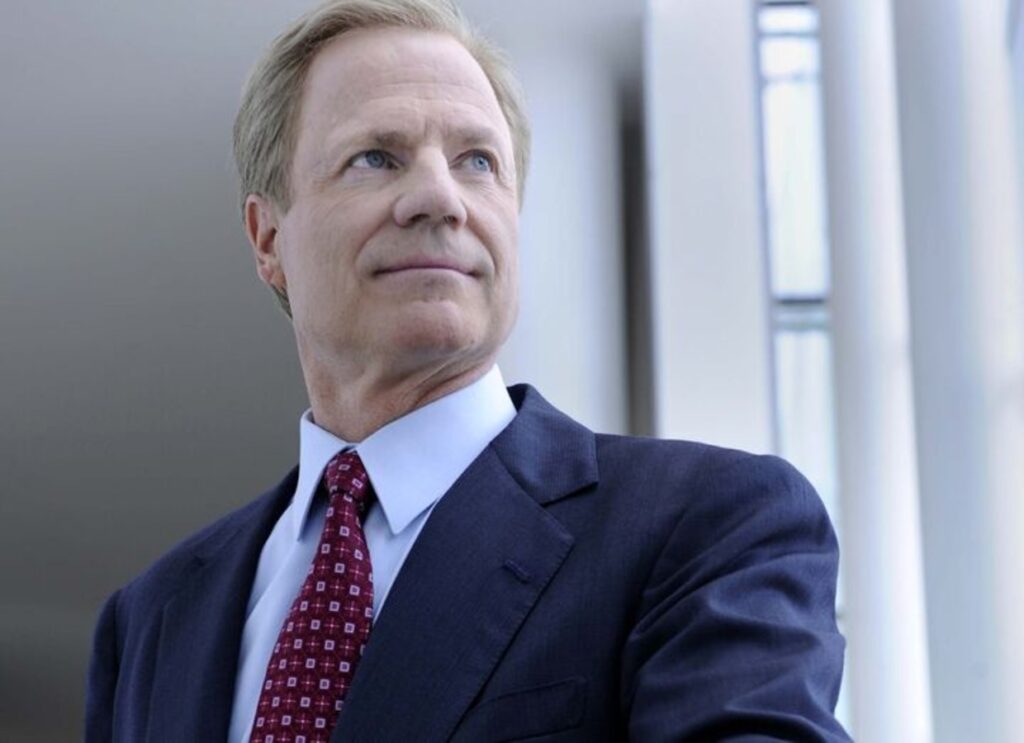
To this end, Capital One will stop charging fees on overdrafts drawn by its customers. Often, customers who exploit the overdraft facility are those in financial straits.
Capital One Leads the Pack Among the Nation’s Big Monies
Capital One must have woken up to the reality that exploiting customers who are already struggling financially for profits is inhumane. So, the bank decided to make it public that it would “eliminate all overdraft fees and non-sufficient fund fees.”

However, it is surprising that Capital One is one of the few among America’s big retail banks to take this initiative.
How Capital One Customers Can Enjoy Benefits of the Overdraft Fees Waiver
Capital One customers must subscribe to an overdraft protection service to benefit from this overdraft fee waiver. This service allows customers to overdraw their accounts without any added charge.
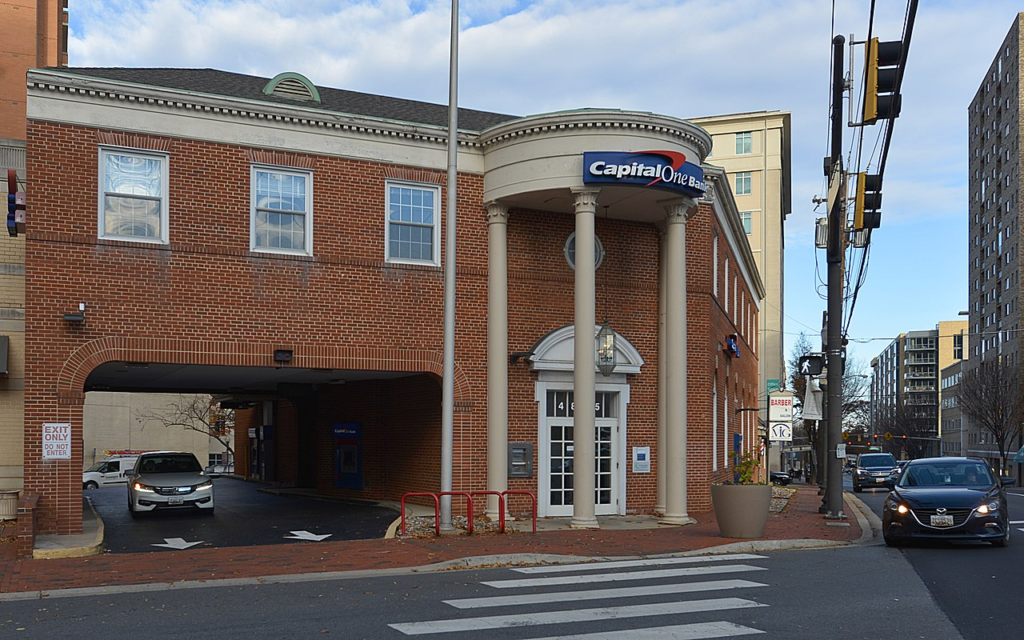
When a customer overdraws their account without subscribing to the overdraft protection service, the bank simply declines the transaction without charging any fee to the said account.
A New Outlook in American Banking
The overdraft protection service is yet another selling point for Capital One. The bank is the United States’ sixth-largest retail bank. However, this new feature in its services may attract new customers and take them some notches higher on the bank ranking scale.

Bank CEO Richard Fairbank touts the overdraft fee waiver as a way of helping customers reimagine banking.
Humane Policies Can Be Difficult to Initiate When Profit is at Stake
According to Fairbank, “Eliminating overdraft fees is another step in our effort to bring ingenuity, simplicity, and humanity to banking.”

Financial analysts have projected that Capital One is making a notable statement by eliminating overdraft charges. These charges are a lucrative source of income for banks, and Capital One’s decision to waive them is a great sacrifice.
Can Banks Discard $15 Billion of Annual Profits?
Let us consider how much American banks will likely lose if they all decide to end overdraft charges. In 2019 alone, the Consumer Financial Protection Bureau (CFPB) estimated American banks’ combined annual earnings to be over $15 billion.

So, it takes a repositioning of a bank’s core operational values to decline such profit volume.
Considering the Business Intents of Capital One
An in-house operations research into the cost implication of eliminating overdraft charges revealed that Capital One would lose about $150 million annually.

Of course, for every organization that intentionally incurs such a significant loss of annual income, there is probably a long- or short-term benefit in the offing. No one knows what that benefit is for Capital One. It may be customer retention or attracting new ones.
Capital One Gets Nods from Financial Watchdogs
Lauren Saunders, the Associate Director of the National Consumer Law Center (NCLC), contributed to Capital One’s press release announcing the elimination of overdraft fees and related charges.

In the newsletter, Ms Saunders said, “Capital One’s complete elimination of overdraft and NSF fees is a landmark moment for American families.” By implication, the NCLC hails the initiative.
Empathy for Vulnerable Fraction of Bank Customers
Saunders explained the motive behind her praise for Capital One’s move. She believes that eliminating overdraft fees will relieve vulnerable customers from their already compounding financial woes.

Finally, Saunders recommended that other banks follow Capital One’s cue “to make the banking system more inclusive and fair for all.”
People Who Are Not In Financial Distress Seldom Overdraft their Accounts
Just a few months before the announcement, Ally Bank, not as big as Capital One, had already blazed the trail by doing something similar.

The management of Ally Bank clarified that they decided to pursue that route because in-house data on customer transactions indicated that those overdraft fees and related charges apply mostly to financially vulnerable customers. Likewise, the fees in focus disproportionately affect Latinas and Blacks.
What are the Largest US Banks Doing About Overdraft Fees?
Overdraft fees struck a mini-financial crisis during the COVID-19 pandemic, and the largest retail banks in the US exploited the overdraft that many people were forced to take.
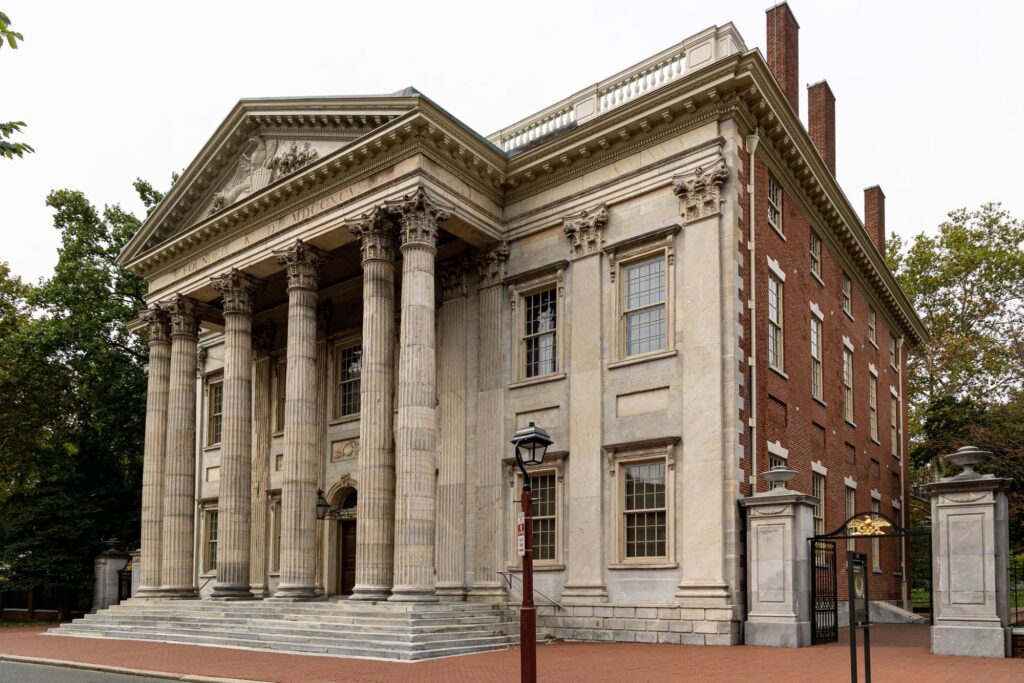
In 2021, it was discovered that Bank of America, Citi, Wells Fargo, and JPMorgan Chase charged $4 billion in overdraft fees. These are the country’s top four largest banks.
A Senator Calls Out the Big-Four Banks
In 2021, Democrat Senator Elizabeth Warren criticized the CEOs of the largest four US banks and chided them for fleecing their customers during global financial uncertainties.
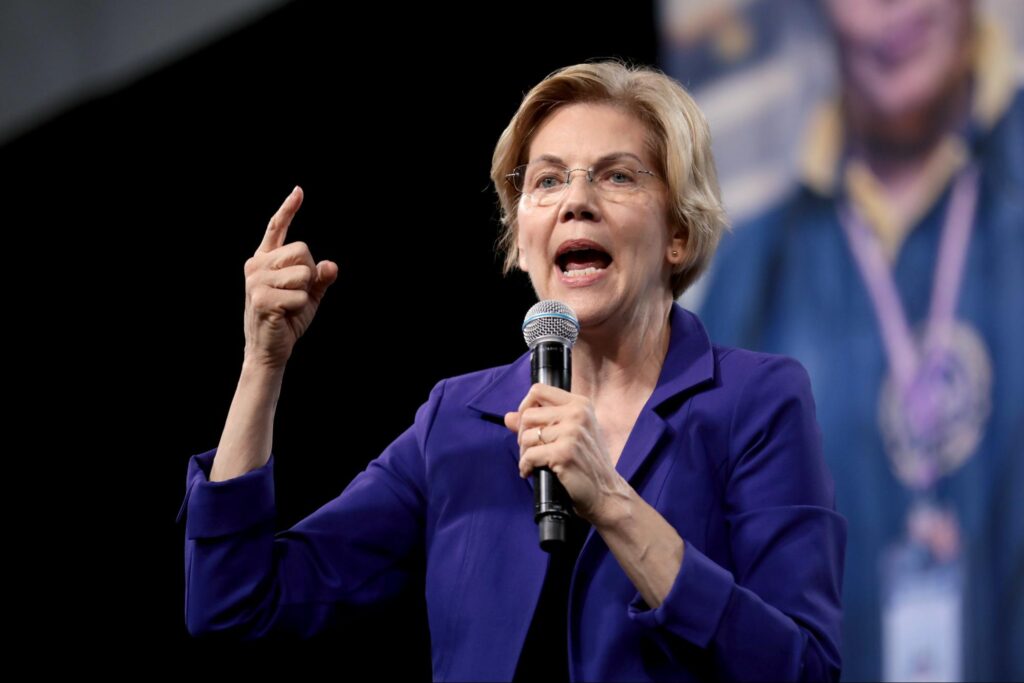
Warren feels empathy should have spurred these big banks to waive some of these fees to lighten vulnerable Americans’ already heavy financial burdens.
How the Pandemic Increased the Number of People Using Overdraft Services
It would be safe to say the number of financially vulnerable Americans increased during the pandemic. This is because many people lost their means of livelihood and saw their incomes drastically drop.

Many people who hopped between jobs were confined to the house, and some even had to depend on charities and food banks for meals.
Commending Organizations With Empathic Policies
After learning of Capital One’s announcement about eliminating all fees attached to overdrafts, Sen. Warren has encouraged other big banks to follow in its stride. In a recent official statement, the CFPB affirmed that many banks “continue to rely heavily” on overdraft-related revenue.

This is enough to make it difficult for such banks to turn off such sources of income in the name of humanity.
Not All Banks Are Willing to Loosen their Clench
The CFPB also noted in a 2021 statement that 40% of the overdraft-related revenue earned by American banks in 2019 went to the country’s top four banks.
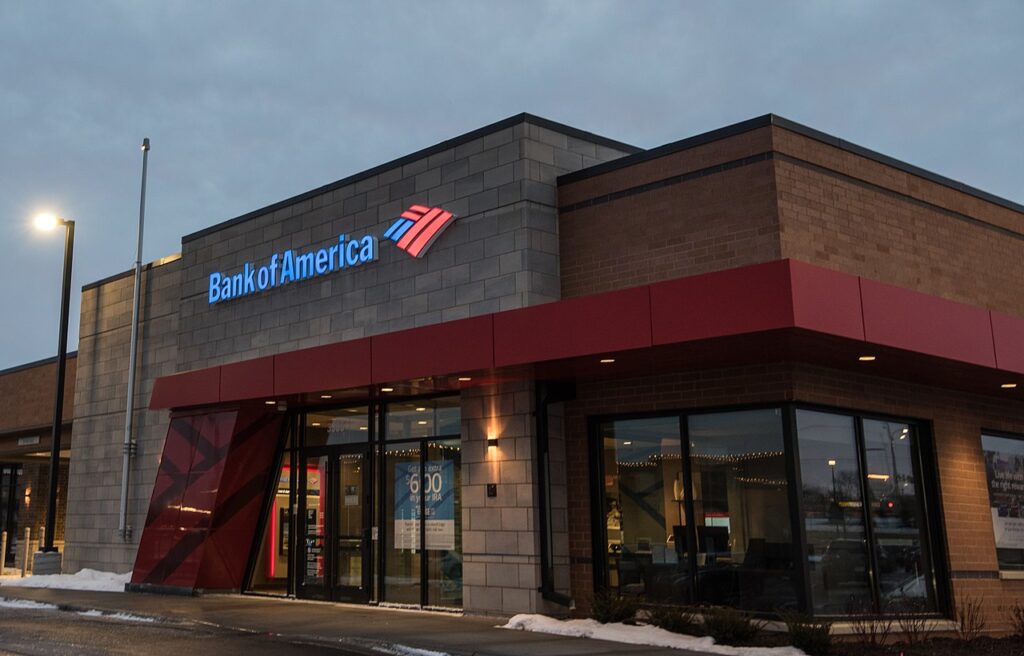
Although Bank of America and PNC have not waived overdraft fees, they have introduced service features that would discourage customers from taking overdrafts.

